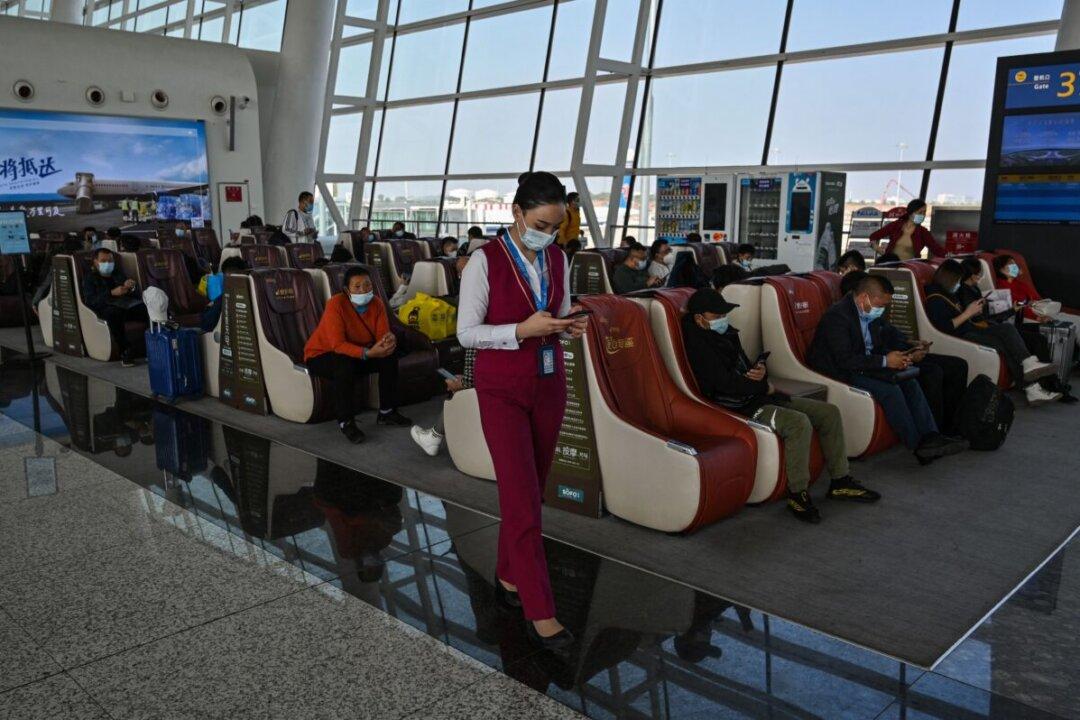China’s airline industry has borne the full brunt of the tough COVID-zero policy. The Aviation authority said it may have lost billions since the epidemic began. The Russia-Ukraine war has also impacted flights that usually travel over Russian airspace.
“The impact of the epidemic on civil aviation in China has far exceeded expectations.” Airline transportation plummeted, and business operations continue to be under heavy pressure, said Zhang Qing, deputy director of the Development Planning Department of China’s Civil Aviation Administration at a March 18 meeting, according to China Times on March 22.





